Growth Story
Over the past decade, the Vietnamese stock market has developed impressively. The VN-Index increased 2.3 times, market capitalization increased 6.4 times, and liquidity increased 3.8 times. The number of trading accounts increased 6.7 times, while the securities trading codes (MSGD) issued to foreign investors increased 2.8 times.
In 2024 alone, the VN-Index will increase by 12.9%, market capitalization will increase by 21.2%, reaching nearly 70% of GDP; the number of trading accounts will exceed 9 million, accounting for 9% of the population; MSGD issued to foreign investors will reach 50,000, with 12.4% belonging to institutional investors; liquidity will remain high with an average daily trading value of VND 21.1 trillion, up nearly 20% over the previous year.
These figures show that the Vietnamese stock market is not limited by quantitative indicators and is capable of meeting the requirements for upgrading.
The story of reform
Qualitative criteria in market rankings are often difficult to measure, but Vietnam has been proactively improving according to FTSE Russell's criteria since 2018.
Recent reforms are aimed at meeting the upgrading criteria while improving overall market access for foreign investors, including: Removing pre-trade margin requirements for stock purchases by institutional foreign investors; simplifying market entry procedures (e-MSGD and using SWIFT); mandatory information disclosure in English according to the roadmap for issuers and immediately applicable to the State Securities Commission (SSC), Vietnam Securities Depository and Clearing Corporation (VSDC) and Stock Exchanges (SGDCK); improving regulations on off-exchange trading and applying electronic voting/online meetings to support foreign investors in exercising their voting rights at the general meetings of shareholders of public companies.
 |
| Mr. Gary Harron |
The reforms don’t stop there. The SSC recently published an English-language announcement on its official website, allowing foreign investors to access information immediately without the need for translation or AI tools. This announcement shows that Vietnam is quickly addressing the issues raised by FTSE Russell in February 2025.
Of the nine concrete solutions proposed, one has been implemented, four are expected to be implemented within the next three months, and only one strategic solution related to clearing activities through the Central Counterparty ('CCP') model is expected to be implemented after 2025. If the speed of market development still made the international community skeptical in mid-2024, progress now seems to have become clearer.
What will change?
The reforms mentioned above seem to be aimed at foreign institutional investors. But in reality, the development of the stock market benefits all participants by positively influencing the functioning of the capital market. Given that domestic individual investors account for nearly 90% of transactions in the stock market, continuous improvement in market quality can reduce risks for this group.
A solid legal framework, enhanced market supervision, improved corporate governance, more modern infrastructure, increased transparency and efficiency, all of which not only give foreign investors more confidence but also strengthen domestic investors' confidence in the market.
| Vietnam's upgrade by FTSE Russell will mark an important milestone, but there is no denying that the potential of Vietnam's capital market is what is worth talking about. |
HSBC Global Research recognized Vietnam as the best-performing stock market in ASEAN in 2024, but also said that Vietnam's capital market has yet to develop to its potential.
According to the World Bank (WBG), although Vietnam’s capital market has developed strongly, there are still many gaps. One of the main problems is the lack of long-term institutional investors such as pension funds. The high proportion of individual investors makes the market volatile, reducing the motivation for large companies to list.
The upgrade is expected to improve the market's ability to mobilize capital, supporting economic development. If officially upgraded, it is estimated that this could attract foreign investment flows worth about 6 billion USD, equivalent to more than 1% of GDP, into Vietnam (according to Nikkei, January 28, 2025). This also helps stabilize the market through the presence of long-term institutional investors in the market, contributing to solving the above limitations.
A fully functioning capital market, capable of mobilizing and effectively allocating capital to sectors and industries, will play an important role in promoting GDP growth for Vietnam and minimizing risks associated with over-reliance on bank credit.
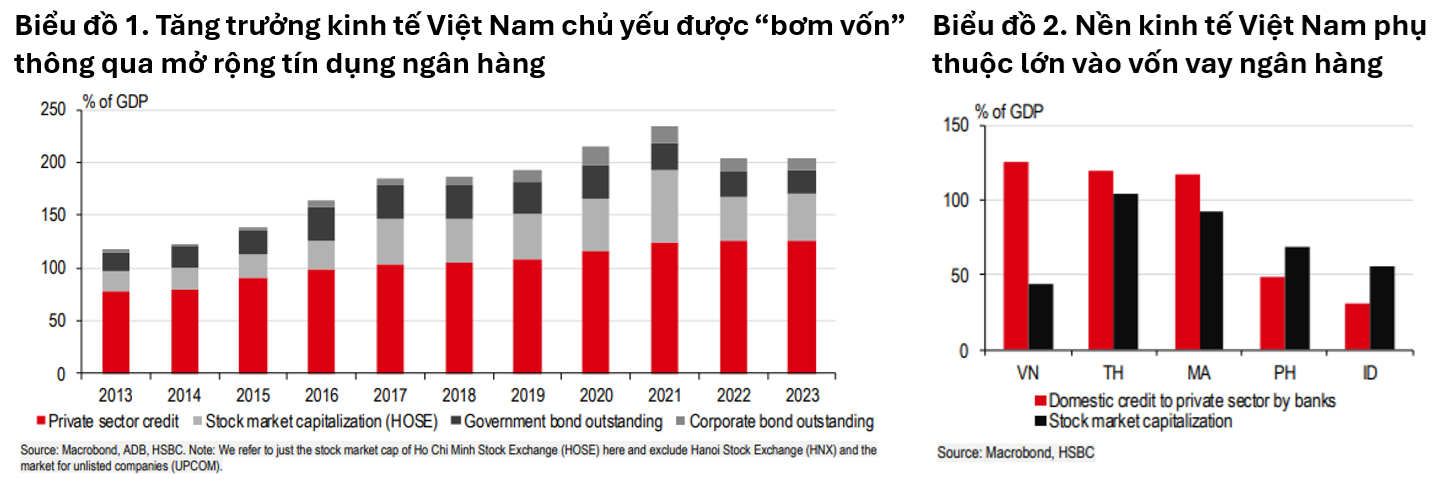 |
Positive outlook
In 2025, HSBC celebrates 155 years of operations in Vietnam and is proud to be the first foreign bank licensed to provide securities custody services. HSBC has accompanied regulators and investors since the 2014 Market Development Conference of the State Securities Commission, currently providing custody services to about 50% of foreign institutional investors in Vietnam.
We are reassured to see that regulators have actively sought input from foreign institutional investors on international best practices to foster market development. This is a proven path forward that we have observed in markets that have undergone upgrades.
| Vietnam may have met the fixed minimum criteria, but the international investment community’s standards are increasingly high as other markets compete fiercely. HSBC’s experience shows that institutional investors will continue to look for developments in the market that deliver efficiency, asset security and scale. |
Considering these factors as well as policy reforms thanks to the acceptance of international opinions, it can be seen that the story of Vietnam's stock market development is still very positive.
Regardless of the outcome, HSBC Vietnam remains confident that the stock market will continue to develop and evolve, building on the success achieved in 25 years of unlocking potential since the first trading session in July 2000, bringing mutual benefits to Vietnam.
Source: https://thoibaonganhang.vn/thi-truong-chung-khoan-len-hang-dieu-gi-se-thay-doi-161928.html


![[Photo] Conference to disseminate the implementation of the Plan to promote digital transformation to meet the requirements of restructuring the political system's apparatus](https://vphoto.vietnam.vn/thumb/1200x675/vietnam/resource/IMAGE/2025/6/23/4744403cccd144b79086799e2ceb686e)
![[Photo] Prime Minister Pham Minh Chinh chairs conference to accelerate disbursement of public investment capital, deploy key projects and eliminate temporary and dilapidated houses](https://vphoto.vietnam.vn/thumb/1200x675/vietnam/resource/IMAGE/2025/6/23/fcb205e3ca19432eac326f55123308f4)
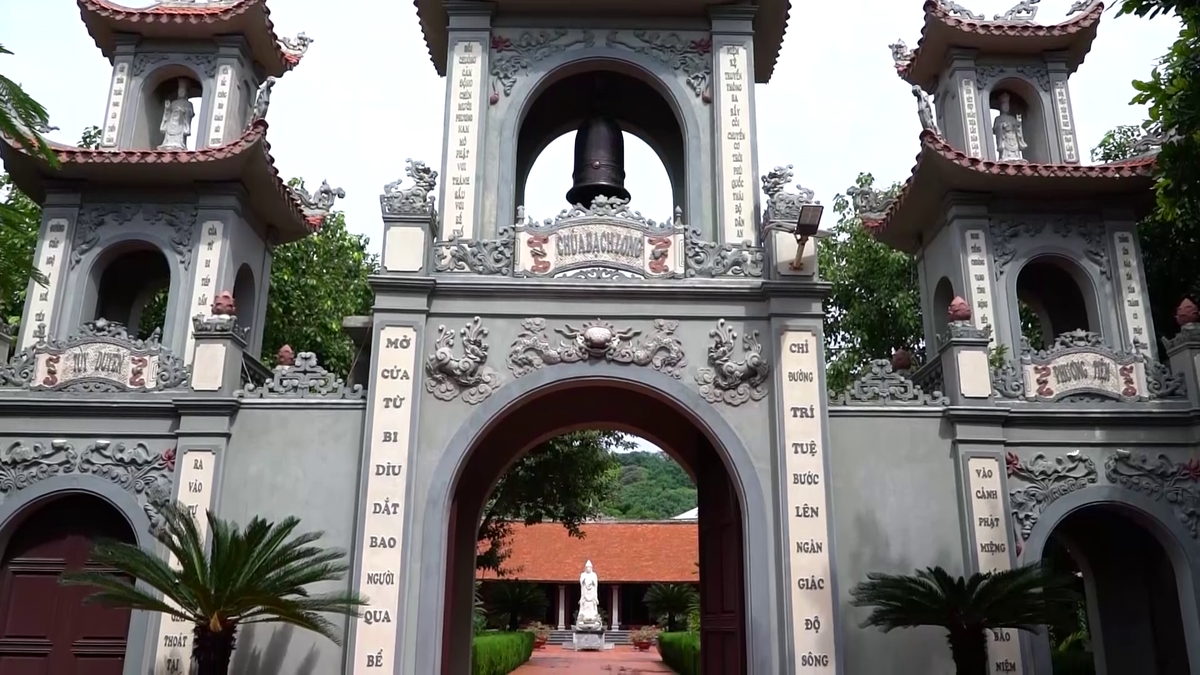

![[Photo] Party Congress of the Central Internal Affairs Commission for the 2025-2030 term](https://vphoto.vietnam.vn/thumb/1200x675/vietnam/resource/IMAGE/2025/6/23/5bf03821e6dd461d9ba2fd0c9a08037b)
![[Photo] Prime Minister Pham Minh Chinh chairs national online conference on new rural construction and poverty reduction](https://vphoto.vietnam.vn/thumb/1200x675/vietnam/resource/IMAGE/2025/6/23/0d239726be21479db1ea6d8d77691a6d)








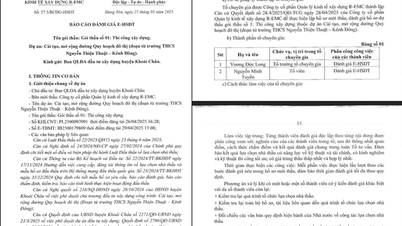












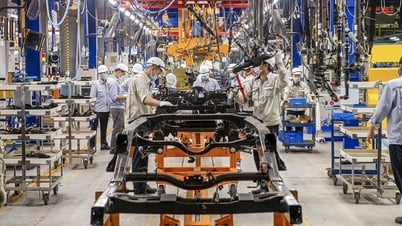























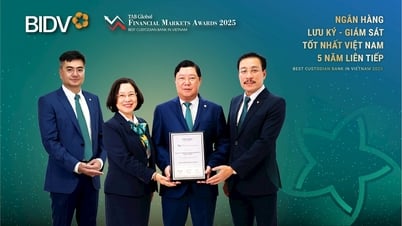












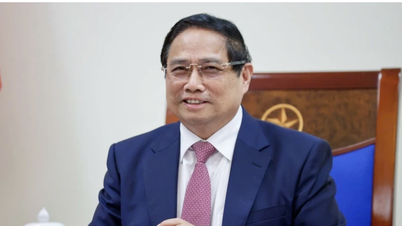

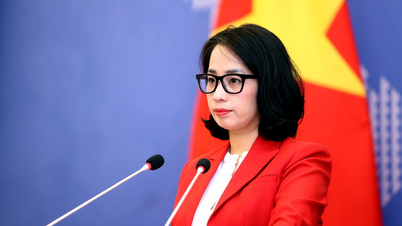






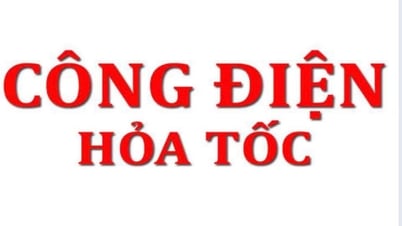



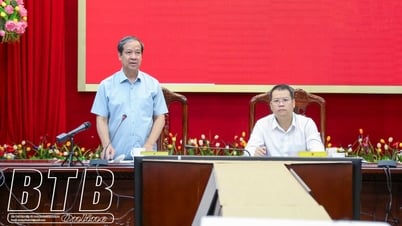

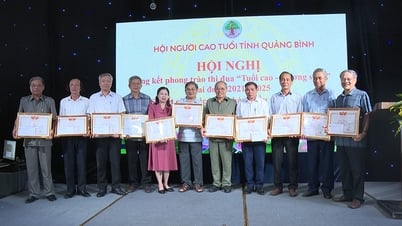






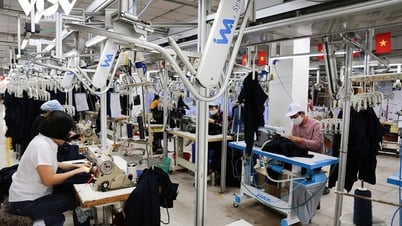

















Comment (0)